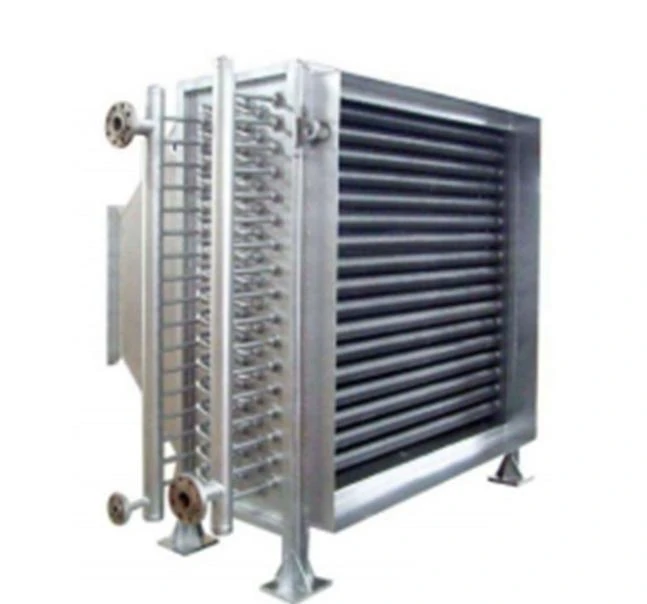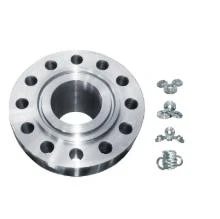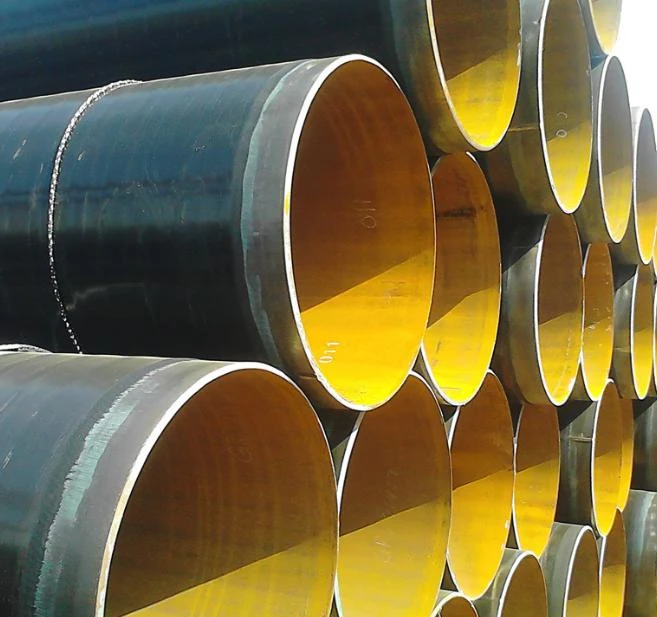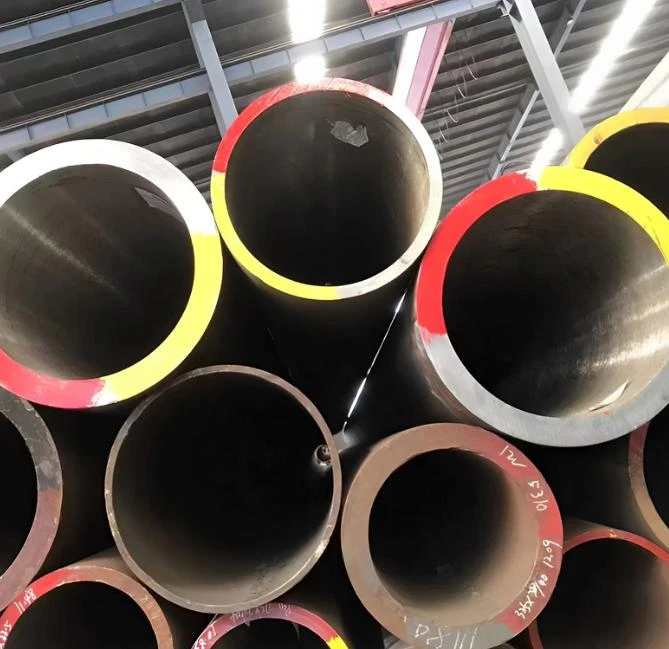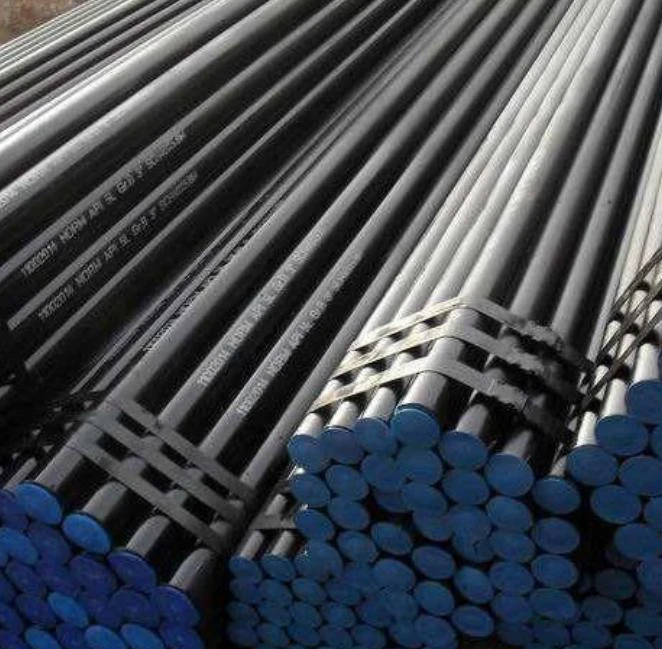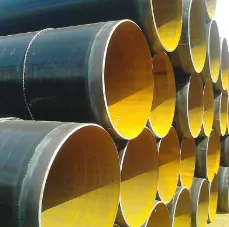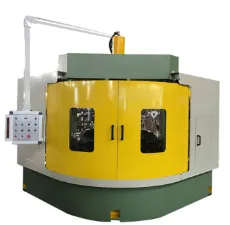In industries where pipelines face aggressive chemicals, high temperatures, or saline exposure, selecting the correct ASME flange types is critical. ASME (American Society of Mechanical Engineers) standards ensure flanges meet rigorous safety and performance criteria, particularly in corrosive settings. For instance, ASME B16.5-certified flanges are designed to withstand extreme pressures and temperatures while resisting degradation from acids, alkalis, or saltwater. Materials like stainless steel (316/304), duplex steel, or alloy C276 are commonly used for these flanges, offering unmatched corrosion resistance. By adhering to ASME specifications, engineers guarantee system integrity, minimizing leaks and operational downtime.
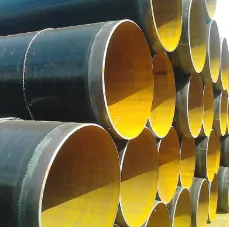
BL Flange Innovations: The Strength of Flanger BL-20 in Harsh Conditions
The BL flange series, particularly the Flanger BL-20, has emerged as a game-changer for industries battling corrosive environments. Engineered with a proprietary anti-corrosion coating, the Flanger BL-20 combines carbon steel’s affordability with enhanced durability. Its multi-layer epoxy coating acts as a shield against chemical splashes, moisture ingress, and UV radiation, making it ideal for offshore oil rigs or coastal chemical plants. Unlike standard flanges, the BL flange design incorporates reinforced bolt holes and a precision-machined face to ensure airtight sealing even under vibrational stress. These features reduce maintenance cycles and extend service life, providing cost-effective solutions for demanding applications.
SOP Flange Technology: Precision Sealing with Flange SOP Systems
When leak-proof performance is non-negotiable, SOP flange systems deliver unparalleled reliability. The Flange SOP series utilizes a patented gasket groove design that enhances compression uniformity, preventing fluid escape in pipelines carrying corrosive media. Constructed from super-austenitic steels or nickel alloys, these flanges excel in environments with sulfuric acid, chlorides, or high-temperature steam. A standout feature of SOP flange products is their compatibility with cathodic protection systems, which further mitigates electrochemical corrosion. Industries like pharmaceuticals and wastewater treatment rely on Flange SOP units to maintain operational safety and regulatory compliance.
How Material Science Defines Flange Performance in Corrosion-Prone Settings
Selecting flange materials for corrosive environments hinges on understanding chemical interactions and mechanical stressors. For example, ASME flange types made from duplex steel offer superior resistance to pitting and crevice corrosion compared to standard stainless steel. Similarly, BL flange products with polymer-based coatings thrive in acidic settings, while SOP flange systems leverage alloyed metals to combat oxidation at elevated temperatures. Key considerations include pH levels, temperature fluctuations, and mechanical load capacity. By aligning material properties with application demands, engineers optimize pipeline longevity and reduce lifecycle costs—a priority for industries prioritizing sustainability and safety.
FAQs: ASME Flange Types and Corrosion-Resistant Solutions
How do I identify the right flange material for my chemical plant?
Evaluate the chemical composition of transported fluids and environmental factors (e.g., humidity, temperature). ASME flange types with stainless steel or alloy coatings are ideal for most aggressive media.
Can Flanger BL-20 flanges be used in offshore environments?
Yes. The Flanger BL-20’s epoxy coating and galvanic corrosion resistance make it suitable for saltwater exposure, commonly found in marine and offshore installations.
What distinguishes SOP flange systems from standard flanges?
Flange SOP units feature advanced gasket alignment and alloy materials, ensuring leak-free performance in high-pressure, corrosive pipelines—critical for hazardous chemical transport.
Are ASME-certified flanges necessary for small-scale operations?
Absolutely. ASME standards ensure safety and compatibility, regardless of project size. Using certified ASME flange types minimizes liability risks and system failures.
How often should corrosion-resistant flanges be inspected?
Annual inspections are recommended for BL flange and SOP flange installations in highly corrosive settings. Regular checks for coating wear or metal fatigue prevent unexpected failures.
Upgrade Your Pipeline Systems Today
Invest in corrosion-resistant flanges engineered for reliability. Explore our range of ASME flange types, BL flange solutions, and SOP flange systems at our website. With industry-leading materials and certifications, our products safeguard your operations against costly downtime and environmental hazards. Contact us now to request a quote or technical consultation—partner with excellence, choose durability.
Post time: Apr . 29, 2025 17:11










